China town manager presents plan on coronavirus
 I am writing today to inform you of steps the Town of China is taking and preparing to take, in the event of a coronavirus outbreak in our community. While the likelihood of such an event is quite low, we have been advised by the Centers for Disease Control (CDC) to have plans in place and to communicate with the public, staff, students, and parents, steps they may take to prevent the spread of this and other illnesses.
I am writing today to inform you of steps the Town of China is taking and preparing to take, in the event of a coronavirus outbreak in our community. While the likelihood of such an event is quite low, we have been advised by the Centers for Disease Control (CDC) to have plans in place and to communicate with the public, staff, students, and parents, steps they may take to prevent the spread of this and other illnesses.
What is Coronavirus?
Coronavirus is a respiratory disease caused by a novel (new) coronavirus first detected in Wuhan City, Hubei Province, China and which has now been detected in 37 locations internationally, including the United States. The virus is named “SARS-CoV-2” and the disease it causes is named “coronavirus disease 2019” (abbreviated “COVID-19”). The United States reported the first confirmed instance of person-to-person spread with this virus on January 30, 2020. (https://www.maine.gov/dhhs/mecdc/infectious-disease/epi/airborne/coronavirus.shtml)
What does the disease look like in humans?
Signs and symptoms of COVID-19 include fever and/or cough and difficulty breathing. Sore throat is also reported in some patients. If you have these symptoms and did not recently travel to China or did not have contact with someone with 2019 Novel Coronavirus, it is likely to be a cold or the flu.
What is the best way to prevent the spread of the disease?
If you are sick you should stay home, cover your coughs and sneezes, and wash your hands regularly. If you or your child, spouse or dependent has a fever, please keep them home until at least 24-hours after the fever has subsided without the use of fever-reducing medicines, such as acetaminophen. This standard is expected of staff, volunteers and committee and board members as well.
What can the town and schools do to help prevent the spread of this and other diseases?
Aside from educational memos such as this, and our work in the town and at school each day reminding visitors, residents, students, staff and volunteers of precautionary measures mentioned above, we are also determined to ensure that commonly touched surfaces throughout the schools, public spaces, and work areas (desktops, doorknobs, drinking fountains, etc.) are disinfected each day. We are also conferring monitoring guidance advisories from the Maine Center for Disease Control (CDC) and the US CDC as well as state and local medical and emergency management professionals to determine other steps we may take to assist in stopping this disease before an outbreak occurs.
What if there is an outbreak in our community?
If there is a local outbreak, school administrators will provide direction for China Middle and Primary schools and Erskine Academy. Decisions will likely be coordinated through the Maine CDC and will be based upon the percentage of students who are sick, and the likelihood of the disease to spread.
The Town Office, Public Works and Transfer Station will continue to provide services but may implement necessary restrictions to prevent communal spread of the disease. We are already coordinating with the Maine Municipal League to prepare for potential actions related to the Annual Town Meeting. We are adding a link to our town website to make it easier for residents to stay informed of the status of the disease.
Please know that, as of this morning, the Maine CDC website reports that, “Maine has no confirmed cases for 2019-nCoV and no patients under investigation at this time. Maine CDC is working with U.S. CDC to monitor the situation, provide healthcare providers with the latest information, and stay up to date on any potential cases they may see. There are ongoing investigations to learn more. This is a rapidly evolving situation and information will be updated as it becomes available.” For more information on the situation, visit U.S. CDC’s COVID-19 situation summary webpage.
The best we can do at this time is remind everyone to stay home if sick, cover up any coughs or sneezes, wash hands regularly, and contact your doctor with any concerns or questions. If you or your family members are sick, please stay at home and/or check with your medical providers for care. Those at greatest risk are the elderly and others with pre-existing medical conditions that have weakened their immune systems.
Town and School officials will provide updates as new information or guidance is offered. This notice was last updated March 9, 2020. Significant portions of this communication are taken directly from the Maine CDC and US CDC websites.
/s/ Dennis L. Heath, CMM Town Manager


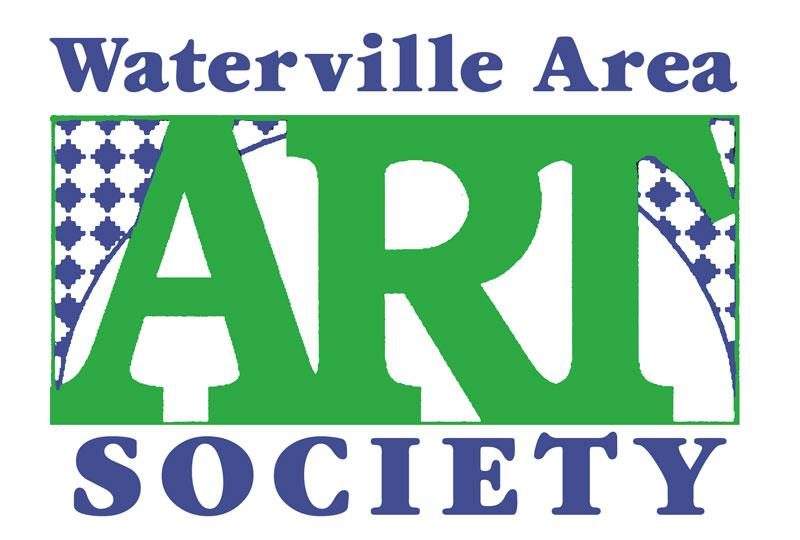 The Waterville Area Art Society (WAAS) is now accepting applications for its annual $500 scholarship award to be given to a graduating high school senior who pursues a degree in visual arts, performing arts or music. It is open to students from the following schools: Waterville, Winslow, Lawrence, Messalonskee, Erskine Academy, Maine Arts Academy, Mid-Maine Technical Center and Temple Academy.
The Waterville Area Art Society (WAAS) is now accepting applications for its annual $500 scholarship award to be given to a graduating high school senior who pursues a degree in visual arts, performing arts or music. It is open to students from the following schools: Waterville, Winslow, Lawrence, Messalonskee, Erskine Academy, Maine Arts Academy, Mid-Maine Technical Center and Temple Academy.
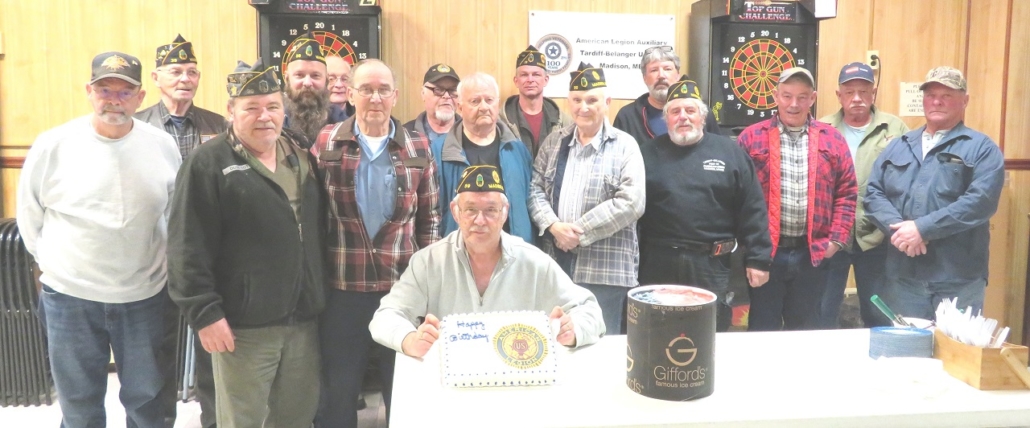
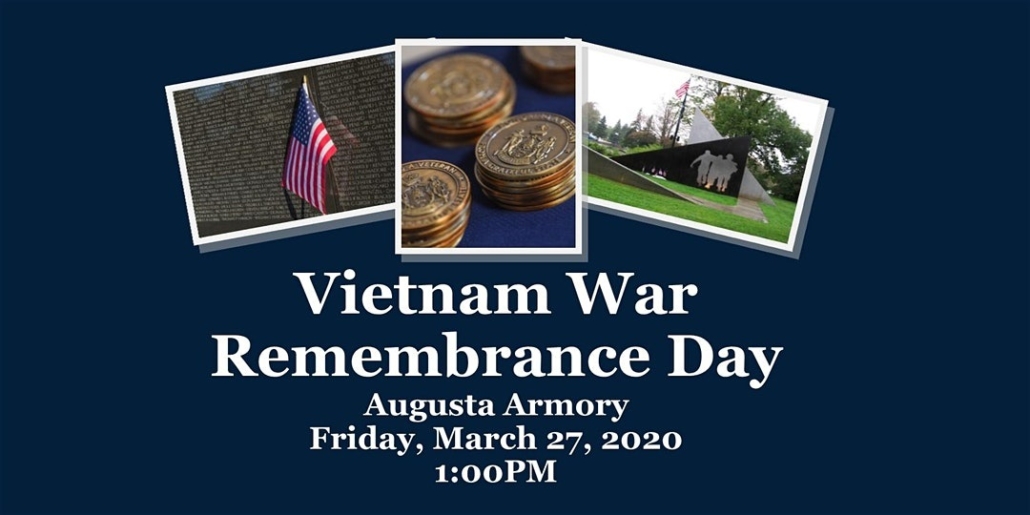 On Friday, March 27, the Maine Bureau of Veterans’ Services (MBVS), in collaboration with the VA Maine Healthcare System, will host a recognition ceremony for Vietnam Veterans. The ceremony will take place at the Augusta Armory from 1 to 4 p.m.
On Friday, March 27, the Maine Bureau of Veterans’ Services (MBVS), in collaboration with the VA Maine Healthcare System, will host a recognition ceremony for Vietnam Veterans. The ceremony will take place at the Augusta Armory from 1 to 4 p.m.
 State celebrates 200th anniversary on March 15
State celebrates 200th anniversary on March 15
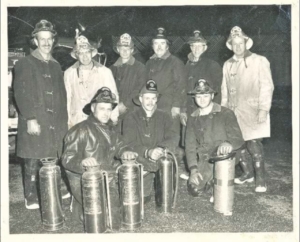
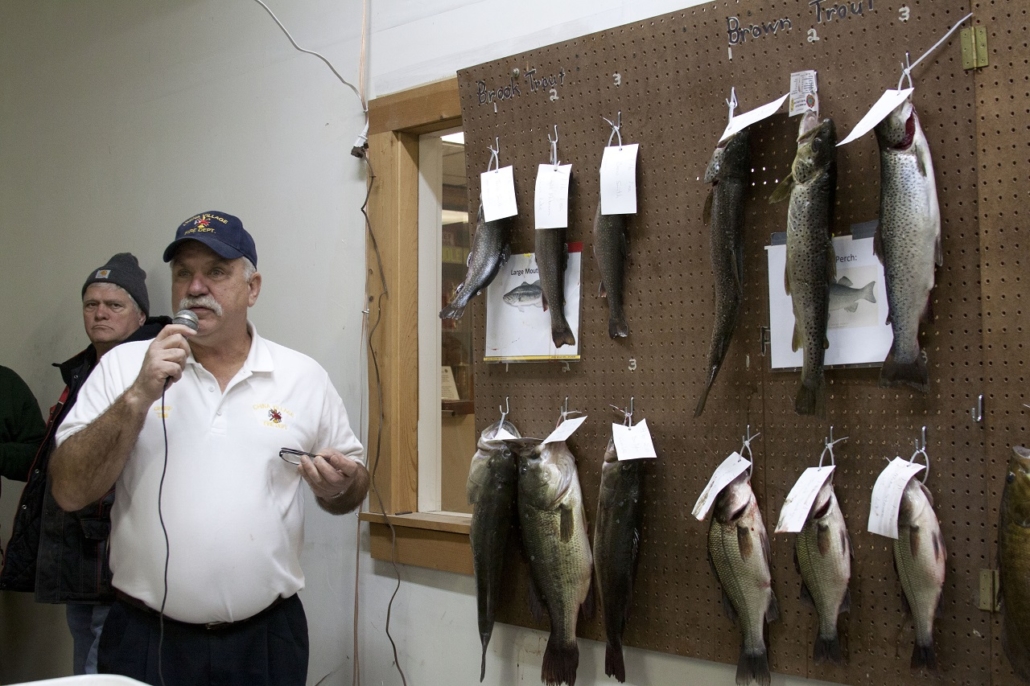

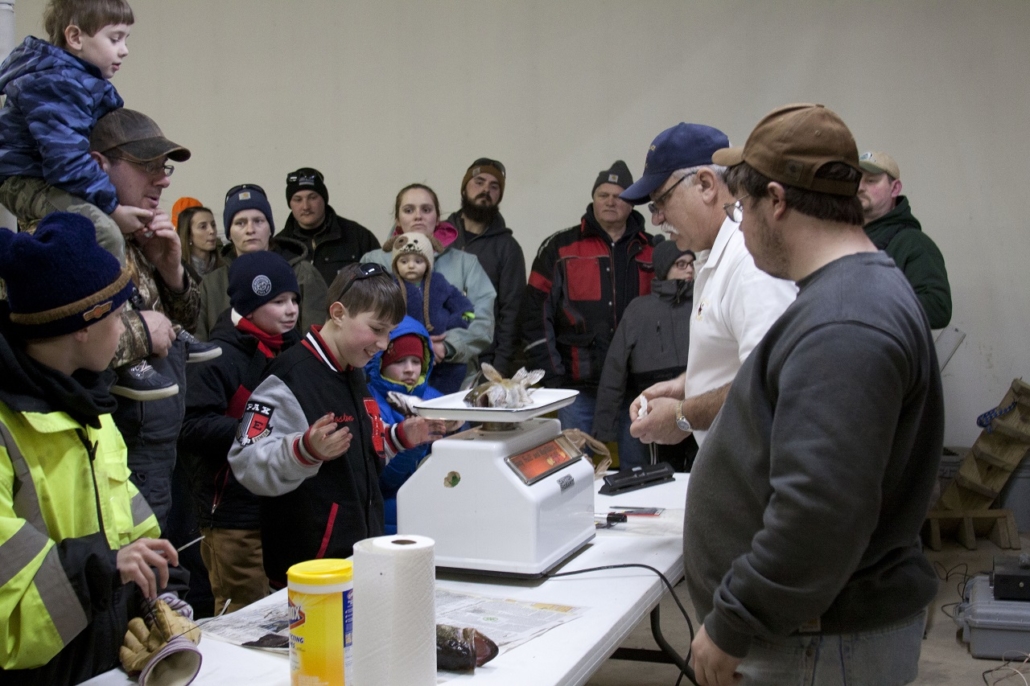

 Skowhegan Savings Bank has announced that John Butera and Steve Gray have joined the bank as vice presidents of commercial lending. They will work to assist the bank’s customers with their business banking. Butera has over 30 years experience in economic and business development.
Skowhegan Savings Bank has announced that John Butera and Steve Gray have joined the bank as vice presidents of commercial lending. They will work to assist the bank’s customers with their business banking. Butera has over 30 years experience in economic and business development.